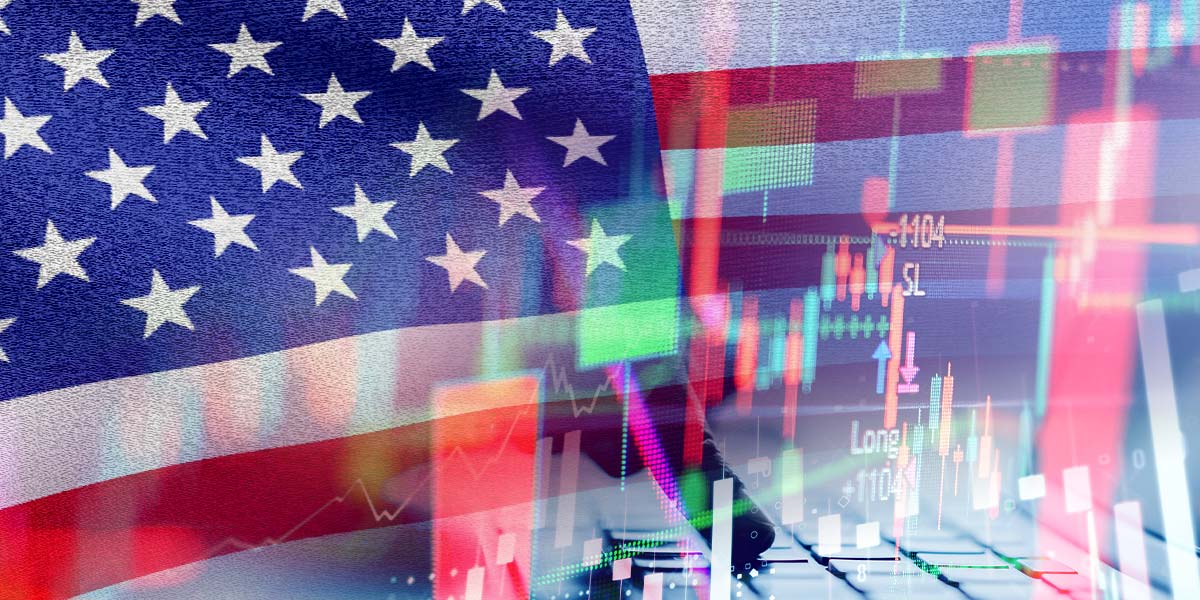Amid escalating concerns over U.S. President Donald Trump’s trade war and its impact on economic growth, investors are increasingly wagering that the Federal Reserve may need to lower interest rates this year.
Financial markets took a hit on Thursday after the White House unexpectedly imposed a series of tariffs on international trade partners, prompting concerns about a significant economic downturn.
JPMorgan’s chief U.S. economist, Michael Feroli, indicated that the inflationary effects from the tariff announcement could reduce consumer spending in the upcoming quarters, potentially bringing the economy dangerously close to recession. This led traders to speculate that the Fed might have to reduce interest rates to stimulate economic growth.
Data from the CME FedWatch Tool showed that the probability of a quarter-point rate cut in May increased from 10.62% on Wednesday to 26% by Thursday morning. Although most still expect the Fed to maintain stable rates in May, predictions for rate cuts are rising for the rest of the year.
By December, investors foresee a reduction of the fed funds rate by 100 basis points, as opposed to 75 basis points initially expected by year-end.
In contrast, Morgan Stanley expressed the view that the Federal Reserve is unlikely to reduce interest rates this year, primarily due to expected elevated inflation resulting from the recent tariffs.
In March, the Federal Reserve had planned for two rate cuts in 2025, but Chairman Jerome Powell highlighted that the central bank was maintaining a cautious wait-and-see stance in response to White House policy decisions.
Getting closer to recession
J.P. Morgan has raised the likelihood of a U.S. and global recession occurring this year to 60%, up from a previous estimate of 40%, following President Donald Trump’s extensive reciprocal tariffs.
According to J.P. Morgan strategists, led by Bruce Kasman, disruptive U.S. policies have been identified as the primary threat to the global economic outlook throughout the year, highlighting that these policies have turned out to be less business-friendly than anticipated.
Kasman explained that the impact of this tariff increase is likely to be amplified by potential retaliatory measures, a decline in U.S. business sentiment, and disruptions in supply chains.
Other financial institutions on Wall Street, such as Barclays and Deutsche Bank, also cautioned that the U.S. economy might be at higher risk of sliding into a recession if the new tariffs imposed by Trump persist.
Meanwhile, Kasman believes that the negative effects of the tariffs could be somewhat mitigated by the potential for further interest rate cuts in the U.S.
J.P. Morgan reiterated its expectation for the Federal Reserve to implement two 25-basis point rate reductions in June and September of this year, while investor data from LSEG suggests a total of four rate cuts anticipated in 2025.





